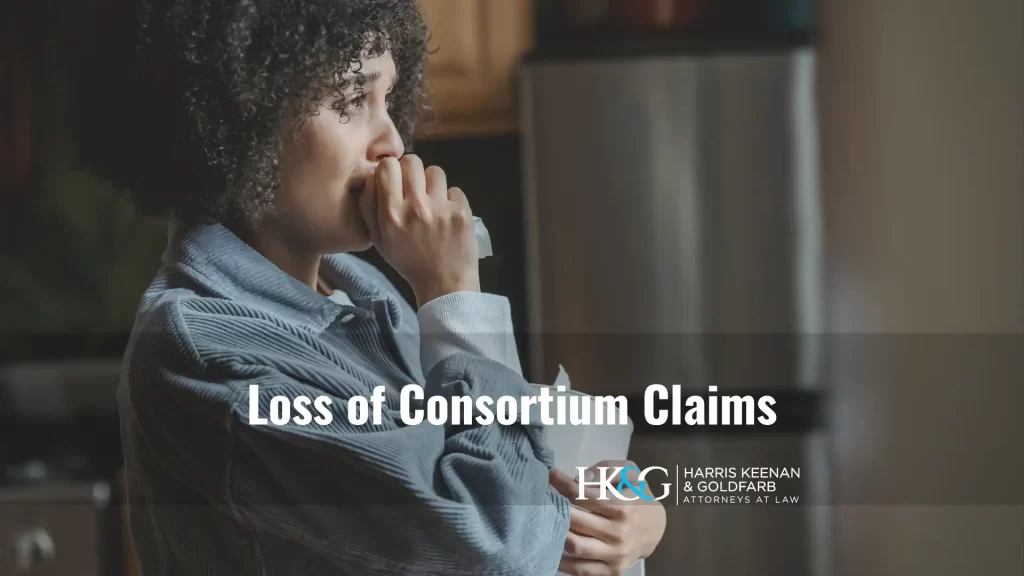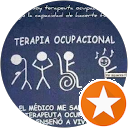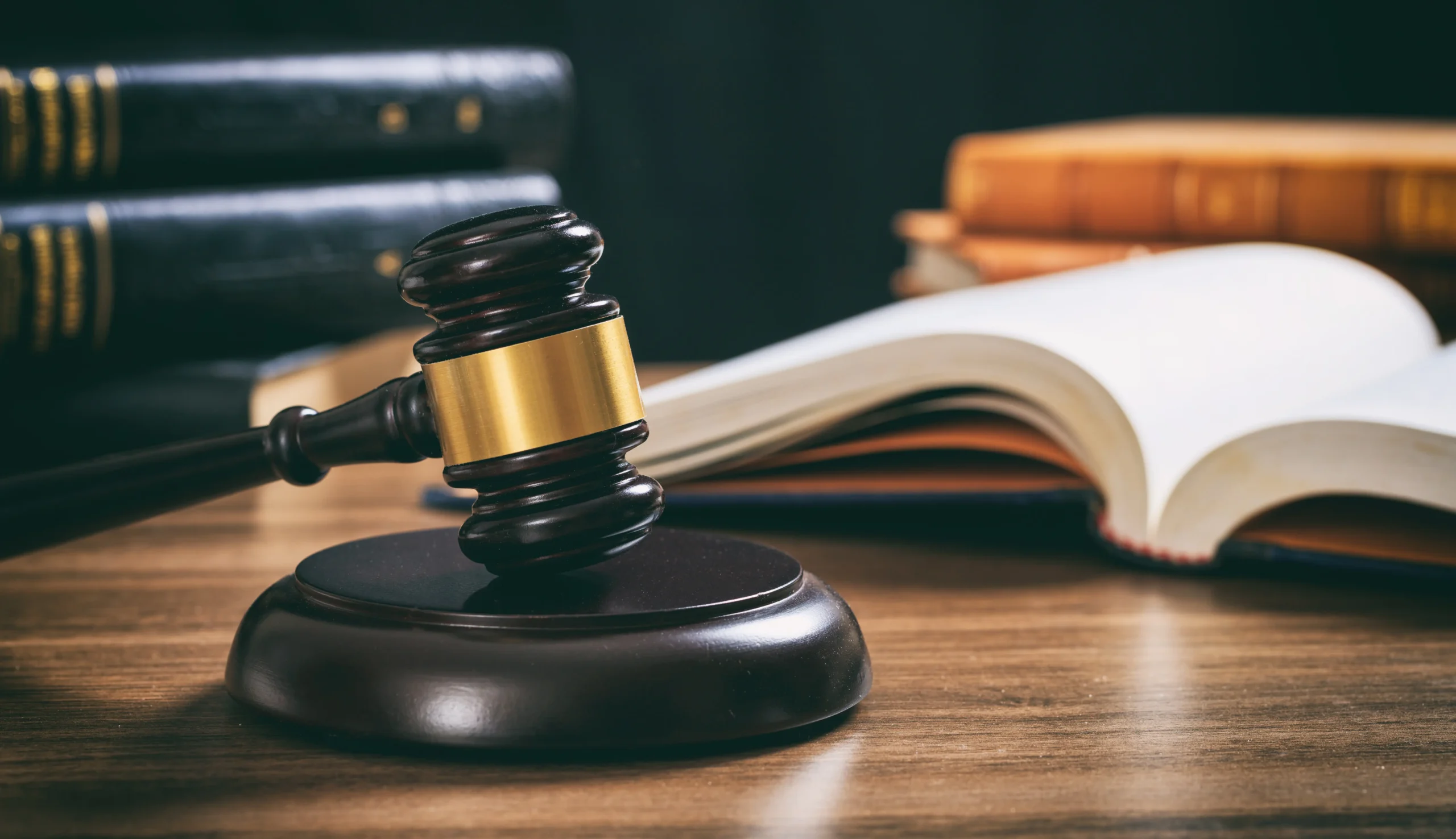A Brooklyn jury awarded Mr. Vargas $17.5 million for the City of New York’s violation of his civil rights for failing to provide him medical care while in custody. The jury found that the police officers involved failed to provide the necessary medical treatment and awarded $17.5 million to Mr. Vargas.
Recommended Articles
Categories
- Accidents
- After an Accident
- Compensation
- Firm News
- Insurance Claims
- Lawsuits
- New York Car Accident Resources
- New York Medical Malpractice Resources
- New York Motorcycle Accident Resources
- New York Nursing Home Injury & Abuse Resources
- New York Truck Accident Resources
- Personal Injury
- Workplace Injury
Practice Areas
Get A Free Case Evaluation
Loss of Consortium Claims
 Much of personal injury law focuses on seeking compensation for the injured individual’s physical pain, psychological distress, and financial turmoil. However, when a person suffers injuries due to another party’s negligence, the ramifications often extend beyond just the individual directly harmed. Family members, especially spouses, can suffer tremendously as their loved one deals with pain, emotional distress, and lost income.
Much of personal injury law focuses on seeking compensation for the injured individual’s physical pain, psychological distress, and financial turmoil. However, when a person suffers injuries due to another party’s negligence, the ramifications often extend beyond just the individual directly harmed. Family members, especially spouses, can suffer tremendously as their loved one deals with pain, emotional distress, and lost income.
New York law recognizes the pain such situations can create. The state allows these relatives to pursue compensation through a loss of consortium claim. Understanding what loss of consortium is and how to prove it in a personal injury case can help you plan the necessary steps to protect your rights.
What Is Loss of Consortium?
A loss of consortium claim seeks compensation for family members whose relationship with the injured victim has suffered adverse effects. Consortium refers to:
- Affection
- Companionship
- Sexual relations
- Moral support
- Household services
When an accident leaves someone unable to fully participate in the relationship as before, their spouse has the right to seek compensation. However, since this area of personal injury law can be much less straightforward than filing a claim for medical expenses or lost income, working with a skilled and knowledgeable New York attorney is critical.
Who Can Bring a Loss of Consortium Claim?
Provisions for who can file a claim for loss of consortium vary significantly from state to state. In New York, the law only provides an explicit allowance for spouses of injured individuals to pursue loss of consortium damages. The husband or wife can file a claim regardless of financial dependency on their injured partner, as the marital relationship represents the closest emotional bond under the law.
New York does not permit loss of consortium suits from other family members, including:
- Children seeking compensation for injury to a parent
- Unmarried domestic partners – the law only recognizes the spousal relationship
- Siblings of an injured person
There is an open question about whether the state currently allows parents to file a claim for loss of companionship or society if their child suffers serious harm. Some cases have suggested this type of suit may be permissible, while others have contradicted this, suggesting that a parent can claim this type of compensation if the child is a minor. Given the unsettled status, parents should consult an experienced attorney if their minor child endured a severe injury due to another’s negligence. The lawyer can examine the case details and provide guidance on any potential claim.
How to Prove Loss of Consortium
 To prevail in a loss of consortium claim, the plaintiff must establish the following:
To prevail in a loss of consortium claim, the plaintiff must establish the following:
- Their family member suffered injuries due to the defendant’s negligence.
- They had a valid marriage to the injured victim.
- The injury caused the deprivation of consortium (i.e., the couple’s bond changed significantly).
- As a result, they experienced emotional distress, lost intimacy, increased responsibilities, financial losses, etc.
Solid documentation and testimony demonstrating the full impact on the relationship can significantly bolster your case. This evidence may include:
- Medical records showing the extent of the initial injury and ongoing limitations
- Testimony from both spouses detailing how the marriage suffered, including a loss of affection, companionship, moral support, sexual relations, etc.
- Records of counseling sought for emotional distress
- Documentation of additional household responsibilities taken on due to the spouse’s inability to perform them
- Financial records reflecting lost income, wages, or services
Consulting with an experienced NY personal injury attorney is the most effective way to construct a solid case.
Contact Harris Keenan & Goldfarb Today
If your loved one has suffered injuries due to another party’s negligence and you believe you may have a valid loss of consortium claim, you need a skilled legal representative to handle your case. At Harris Keenan & Goldfarb, our legal team provides aggressive representation to obtain full compensation for accident victims and their families. Our reputation for compassionate service, meticulous preparation, shrewd negotiation skills, and courtroom experience sets us apart. For over 25 years, we have fought for the rights of injured clients and their loved ones across New York City.
Our attorneys offer personalized guidance tailored to your unique situation. We know how traumatic injury events turn lives upside down, and we are here to help you move forward. Our New York personal injury lawyers are available to assist clients in Brooklyn, the Bronx, Manhattan, Queens, Staten Island, Long Island, Westchester, and all of New York. Let us review your potential case and provide skilled counsel on seeking compensation through a loss of consortium claim. Contact us today at 800-724-6529 for a free consultation to learn more about how we can help you.
Over $500 Million in Verdicts and Settlements
Our track record showcases over $500 million won for our clients. Each victory underlines our commitment to justice and client care. Explore our impact, case by case.
What Our Clients Say About Us

Thank you so much for recovering my injury case from 9 years ago that was dead in the water since the company went bankrupt and there was nothing else to do. Miraculously, you resurrected my case and was able to get a settlement which completed for me the horrific accident and the suffering I endured because of it. HK&G makes miracles happen by getting the job done and seeing that justice is served. Thank you so much.
Susan C.
Jason Steinberg is a great lawyer Donna and Terry were always very professional and kind I will always highly suggest this law firm and team to anyone out their. Thank you again to everyone at this incredible Firm!!!
They got me Justice, and achieved a substantial outcome for my case.
I am very impressed, and thankful for their outstanding performance on my behalf.
I am very pleased, and significantly satisfied with their representation.
‐-
Sherylon Wilkins
6 years ago I had a slip and fall accident at my employers place of business. I reached out to them because I knew that I was being wrongfully treated. They took care of the case, restored my self confidence, and brought so much peace to my problem riddled life.
I can recommend without a shadow of a doubt the services of Harris, Keenan & Goldfarb to anyone who is in need of someone who will have your back!
Frequently Asked Questions
Common questions that prospective clients have about personal injury claims include:
Do I need an attorney?
When you have suffered an injury, it can be difficult to know what to do next. If the injury was caused by someone else’s negligence, you may be entitled to compensation. However, filing a personal injury claim can be a complex and time-consuming process. An experienced attorney can help you navigate the legal system and fight for the maximum possible compensation.
How do I know I have a case?
When should I contact an attorney?
How do I determine which one to choose?
Once I hire an attorney, what should I expect?
Recent News
Find out how to move forward after an unexpected event with our short, helpful articles. We share simple advice that can make a big difference in tough times.
Contact Us
Monday - Friday: 9am - 6pm









































